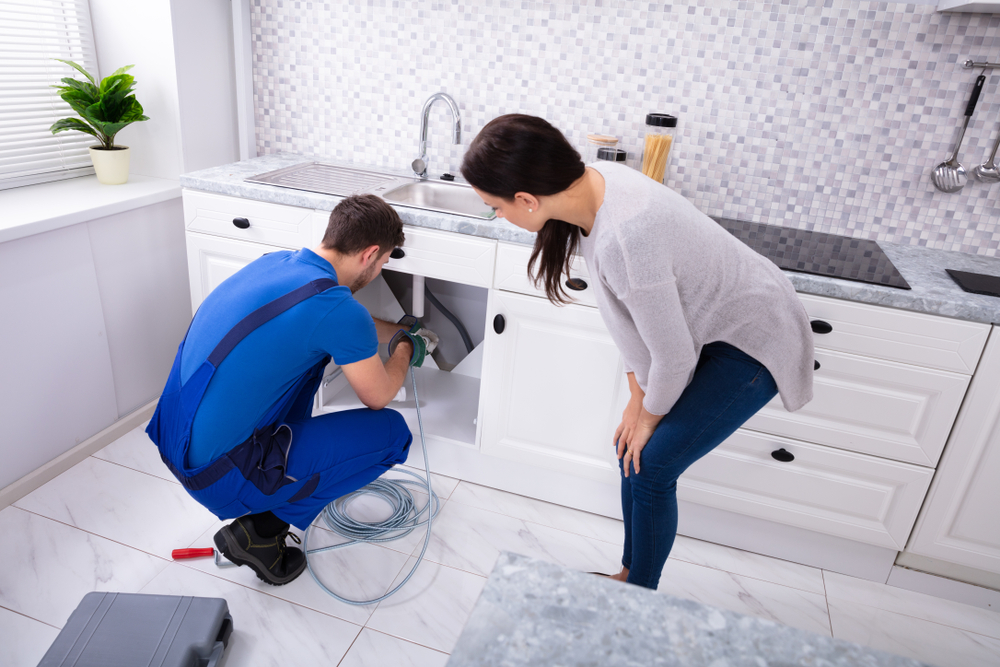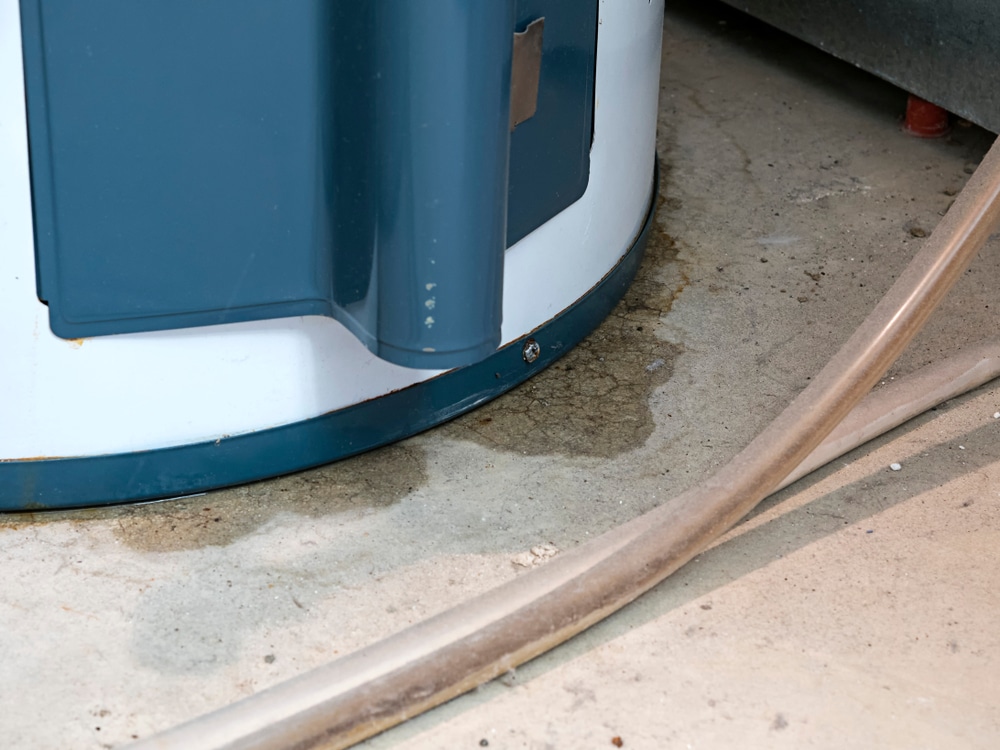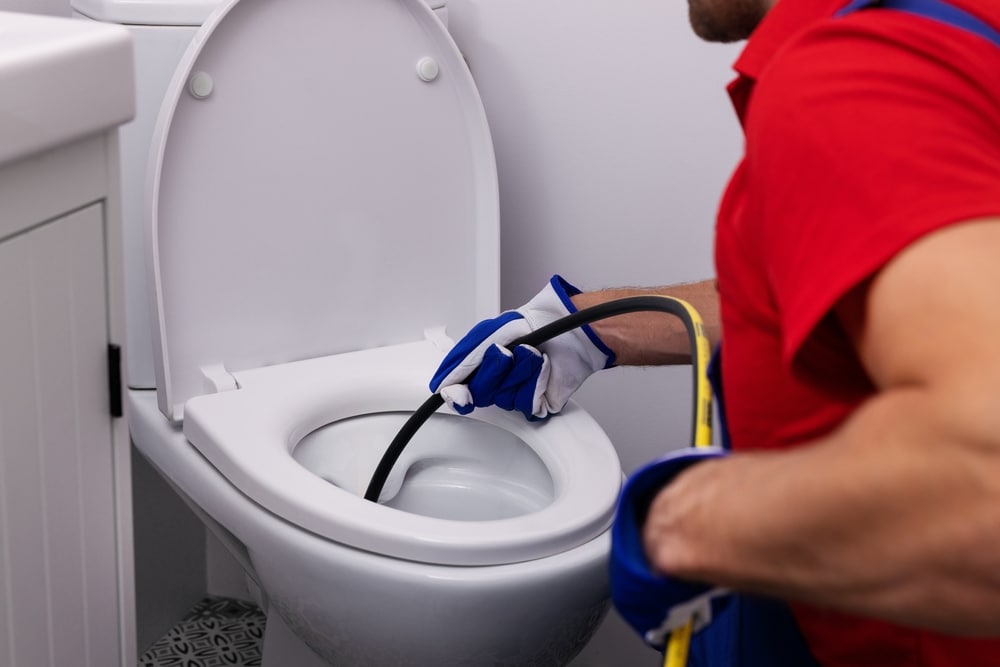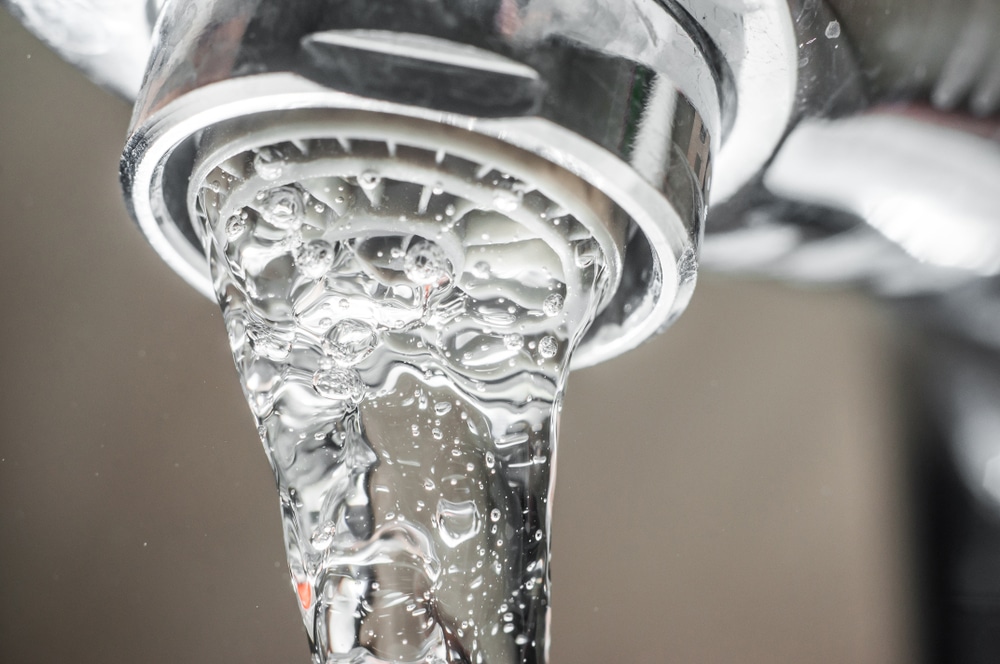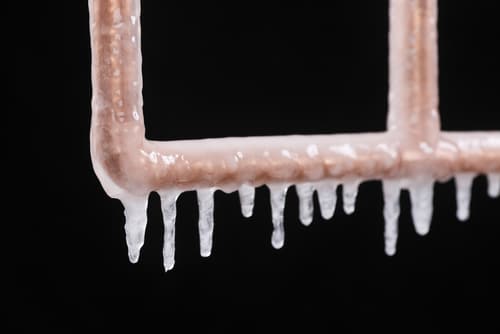A hot shower is nothing short of a daily luxury, but it’s one we often take for granted until something goes wrong – in this case, when our water heater starts acting up. Water heaters are essential appliances in our homes, providing necessary hot water for showers, dishes, and laundry. If you’re in Jackson, WY, you rely on your water heater every day, and when it starts to falter, knowing the signs that it’s time for a replacement can save you time, money, and some chilly morning showers.
The average lifespan of a water heater ranges between 8-12 years, depending on the type, usage, and maintenance. However, this doesn’t mean your water heater will continue to perform optimally throughout its life. With time, sediment build-up, corrosion, and other factors come into play, affecting the appliance’s efficiency and effectiveness. As such, it’s essential to keep an eye out for warning signs that your water heater has reached the end of its useful life – it could help you prevent potential water damage, costly repairs, or even just avoid early morning frigidity when you run out of hot water.
In this article, we’ll explore the top signs that your water heater may need a replacement and how Jade’s Heating and Plumbing LLC can guide you through the process.
Age of Your Water Heater
The first factor to consider is the age of your water heater. A traditional tank-style water heater typically has a lifespan of 8-12 years, while tankless water heaters can last up to 20 years or more. Knowing how old your water heater is can help you anticipate when it might be time for a replacement.
If you’re not sure of your water heater’s age, you can usually find the manufacturing date on the unit’s label. An older water heater may still work, but its efficiency will likely have declined over the years. Additionally, as the appliance ages, the risk of leaks and water damage increases, so timely replacement becomes crucial.
Rusty Water or Rusty Water Heater
Rusty water coming from your hot water taps could be an indication of internal rust and corrosion within your water heater. If this rust spreads throughout the tank, it can weaken the walls and eventually lead to leaks. A leaking water heater can cause significant damage to your home and should be replaced as soon as possible.
To confirm if the rust originates from your water heater, you can run a simple test. Fill a few buckets with cold water, then fill another with hot water. If you only see rust in the hot water bucket, it’s likely coming from your water heater. Alternatively, if the rust appears in both hot and cold water buckets, there could be corroded pipes in your plumbing system.
Inconsistent Water Temperature
A properly functioning water heater should provide a consistent supply of hot water. If you notice fluctuations in water temperature or a sudden lack of hot water, it could be a sign that your water heater isn’t functioning correctly. This inconsistency can result from a failing heating element, a broken thermostat, or sediment build-up interfering with the water heater’s efficiency.
Before considering a replacement, check the thermostat settings and consult a professional plumber to evaluate the unit. If it turns out that repairs are not worth the cost, or if the issue keeps recurring, it may be time to invest in a new water heater.
Rumbling Noises and Sediment Build-Up
Over time, sediment can accumulate at the bottom of your water heater. As the sediment hardens, it can cause rumbling noises, reduce overall efficiency, and increase energy consumption. These noises can also lead to damage to the appliance and even cause leaks.
To prevent sediment build-up, it’s crucial to regularly flush and drain your water heater. However, if you have neglected this maintenance task and your water heater has reached its life expectancy, a replacement may be more cost-effective than attempting to fix the issue.
Choosing the Right Water Heater Replacement
When it’s time to replace your water heater, consider the following factors to ensure you choose the right unit for your needs:
1. Fuel Type: Determine whether your home uses electricity, natural gas, or propane as its primary fuel source. This decision will affect the energy efficiency and operating cost of your new water heater.
2. Size and Capacity: Consider the size and capacity of your current water heater. A tank that’s too small will not meet your household’s hot water demands, while an overly large tank may waste energy. Consult a professional plumber to help determine the appropriate size for your home.
3. Energy Efficiency: Look for high-efficiency models that consume less energy and can lower your utility bills. Check the energy factor (EF) rating of potential water heaters, as a higher EF indicates better energy efficiency.
4. Cost and Maintenance: Determine your budget and consider long-term maintenance costs. While tankless water heaters are more expensive upfront, they can save on energy consumption and long-term maintenance costs.
Conclusion
A failing water heater not only causes inconvenience but can also result in costly repairs and damage to your home. Knowing the warning signs of a water heater in need of replacement can save you time, money, and headaches in the long run. By choosing the right water heater for your home and ensuring proper maintenance, you’ll enjoy a steady supply of hot water while keeping your energy costs under control.
As a leading provider of plumbing and heating services in Jackson, WY, Jade’s Heating and Plumbing LLC is dedicated to helping you understand the nuances of your home’s water heater system. If you suspect that your water heater may be nearing the end of its life, don’t hesitate to contact our team of experts for advice, recommendations, and professional assistance with your water heater replacement needs!


